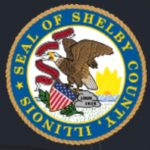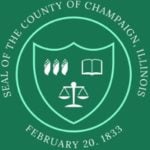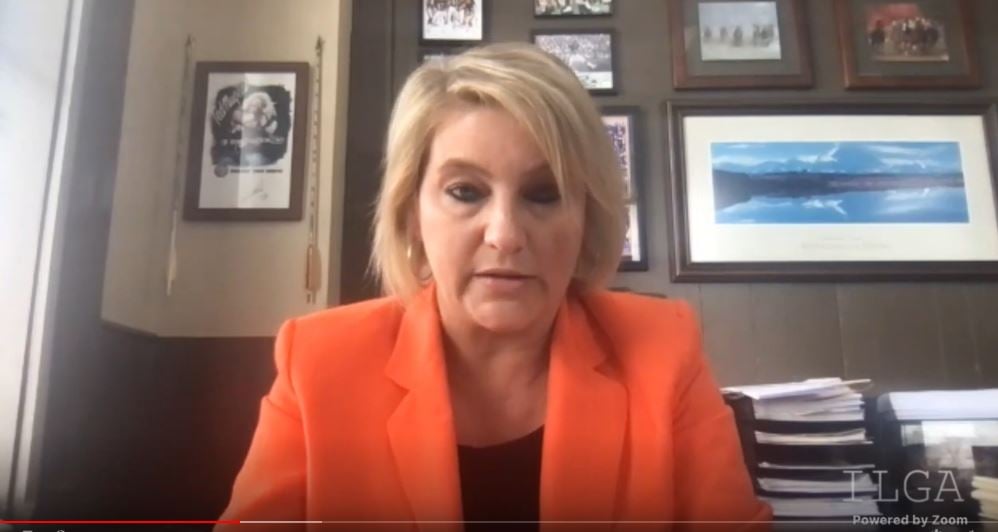Shelby Co. (ECWd) –
This is Part III of the exposure of misrepresentations and misinformation provided by Shelby County State’s Attorney Nichole Kronke during her oral testimony in support of legislation affecting every county in the state. We urge everyone to read Part 1 at this link, Part II at this link.
- “So the legislative history, I ordered a transcript of that statute and it supports that the intent of the legislature was to permit leasing to private entities at the time this statute was passed in 1998. And that gaining revenue to support the operations of government does in fact serve a public purpose. However, they did not state that in the statute. So that’s why we have an ambiguity.“
We note once again, Kroncky focuses on confusing the issue by pointing to the term “private entity” rather than speaking to “private purpose“. She thinks that if the law would have said collecting revenue meets the public purpose provision it will win the day when in fact she is 100% wrong. To imply that such language missing from the law is the reason there is ambiguity is simply false. There is no ambiguity and we now will lay out that fact for the world and use a Shelby County public record to do it.
If you do not learn history it is said you are bound to repeat it. Maybe Kronke and the rest of Shelby County should learn from their own county history.
Allan Lolie is an associate judge on the Fourth Judicial Circuit Court of Illinois. Allan Lolie was the former Shelby County State’s Attorney that asked the Attorney General for an opinion regarding the Shelby County Rescue squad and their use of the public property to recover private property from the lake. The letter from the Attorney General can be downloaded at this link.
While this particular Shelby County public record may be filled with some of the best public purpose discussions we have come across, please pay particular attention to the fact this opinion postdates the 1998 law she points to and the paragraph found near the top of page 5 proves all her points wrong.
“The constitutional limitation on the use of public property is not avoided merely because a unit of government may be compensated for the private use of its property. Redmond, 86 Ill. 2d at 382; Yakley v. Johnson, 295 Ill. App. 77, 81 ( 1938). If the principal purpose and objective of a governmental activity is public in nature, it does not matter that there will be an incidental benefit to private interests. People ex rel. City of Salem v. McMackin, 53 I11. 2d 347, 355 ( 1972). Conversely, if the primary benefit of the use of public funds or property is private, an incidental benefit to the public will not justify a use or expenditure. The issue, therefore, is whether the use of county property by the rescue squad to recover personal items for a fee is a purely private” matter, or one that would serve ” a proper public purpose.”
So what does that paragraph mean? Take it apart and compare it to Kronke’s misinformation.
“The constitutional limitation on the use of public property is not avoided merely because a unit of government may be compensated for the private use of its property. Redmond, 86 Ill. 2d at 382; Yakley v. Johnson, 295 Ill. App. 77, 81 ( 1938).”
Kronke continues to point to the county receiving revenue constitutes the public purpose. How special that in 2006, the Attorney General’s office is still citing the 1938 case law on this point that we have been pointing to from day one on this matter. Please note that case law has not been overturned. Said another way?
“The constitutional limitation on the use of Shelby County public property is not avoided merely because Shelby County may be compensated for the private use of its property.”
The second and third sentences is where the real truth of the matter in Shelby County gets exposed.
“If the principal purpose and objective of a governmental activity is public in nature, it does not matter that there will be an incidental benefit to private interests. People ex rel. City of Salem v. McMackin, 53 I11. 2d 347, 355 ( 1972).”
One simple question with the above sentence in mind. Is the principal purpose and objective of Shelby County activity (farming) public in nature? The answer is simple for Shelby County. It is not a principal purpose or objective and has not been since the poor farm was shut down.
Additionally, it is well established, both by fact and her own testimony, the primary benefit of the use of the farm ground leased to a private farmer for profit is to the farmer. She said the receipt of money from such a lease is “incidental” in her justification. Incidental does not constitute the primary benefit when it is the private farmer who is the primary benefactor of the use of the property and such use is not a principal purpose and objective of Shelby County.
“Conversely, if the primary benefit of the use of public funds or property is private, an incidental benefit to the public will not justify a use or expenditure.”
It is clear when a private lease of the farm ground is given to a farmer for his private use, the primary benefit of the property is to the farmer, not the county.
“The issue, therefore, is whether the use of county property by the rescue squad to recover personal items for a fee is a purely private” matter, or one that would serve ” a proper public purpose.”
Raising the same issue for the county farm ground:
The issue, therefore, is whether the use of county property by a private farmer to farm it for his own profit for a fee he paid to use that property is a purely private matter or one that would serve a “proper” public purpose.
The answer is crystal clear as nothing has changed in our Constitution and it is well documented, leasing county-owned farm ground for private use outside of the county’s purpose and objective does not meet the required public purpose provision in our Constitution.
The only option we have found possible for the County to legally farm this ground is under a custom farming operation in which they control all aspects of the operation. To do this they would need to amend the budget and hire a person or company to plant a crop and harvest that crop of which the County board controls the sale of and keeps 100% of the revenue from that sale.
61473 RM







No Comments
Sorry, the comment form is closed at this time.